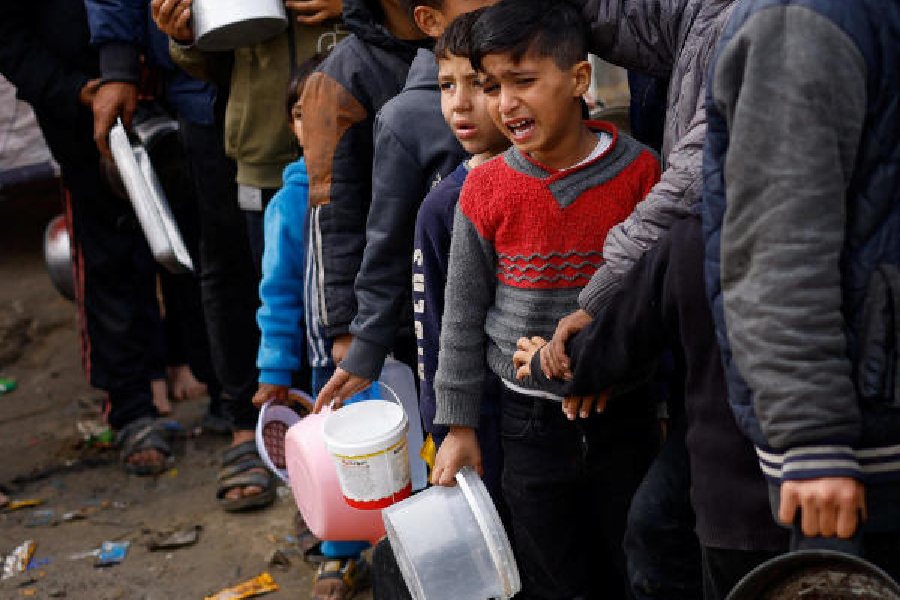Israel and Hamas have reached a deal that would allow medications to be delivered to Israeli hostages in return for additional medicine and aid for Palestinian civilians in the Gaza Strip, officials said, marking a significant breakthrough in the indirect talks between the warring sides.
The agreement was announced on Tuesday by Qatar, which has served as a mediator. A Hamas official, Basem Naim, later confirmed the agreement, and the Israeli Prime Minister, Benjamin Netanyahu, said a deal had been reached to send medicine to the hostages.
More than 120 hostages have been held in Gaza since October 7, and many have health conditions that require regular medical care, including cancer and diabetes. Their families have grown increasingly concerned as the war entered its fourth month and as hostages released in late November have shared harrowing accounts of their captivity.
The agreement was brokered by Qatar and France, and involves Israel allowing more medicine and humanitarian aid to reach civilians in Gaza in exchange for delivering medication to Israeli captives, the spokesman for the Qatari ministry of foreign affairs, Majed bin Mohammed Al-Ansari, said in a statement.
Al-Ansari said the medications and aid will leave Doha on Wednesday and be taken to Al-Arish in Egypt, on board two Qatari military aircraft, in preparation for their transport to “the most affected and vulnerable areas” in Gaza.
Philippe Lalliot, a diplomat in charge of the French foreign ministry’s Crisis and Support Centre, said in a radio interview on Tuesday that the centre, acting on instructions from President Emmanuel Macron, had bought medication for the hostages in France and then shipped it via diplomatic pouch to Qatar last Saturday.
He said the push to get medication to hostages in Gaza came primarily from their relatives. The families “came to us and said ‘there are people among the hostages who need major treatments that they are deprived of, and we need to collect these treatments and send them there,’” Lalliot said.
Israeli medical authorities had initially identified 85 hostages in need of medication, but Lalliot said that number was brought down to 45 after some of the hostages were released or died. Doctors at the crisis centre identified the necessary treatments those people needed, bought them in France, and packaged them — some treatments need to be kept at cold temperatures — before sending them to Qatar, Lalliot said.
Qatar bought medications for Palestinian civilians, said two officials briefed on the talks.
One of the most complicated aspects of the deal was how to get the medications to the hostages, many of whom are believed to be held in underground tunnels and rooms. At a news conference on Saturday, Osama Hamdan, a spokesman for Hamas, spoke of the challenge of overcoming what he called the “security aspect” of delivering medications, without elaborating.
A West Asian official, however, said the medications would be sent to the Hamas-run health ministry in Gaza under Qatari supervision before being distributed to the hostages and Palestinian civilians. A Qatari official said representatives of the health ministry would transport the medications to the hostages.
Doctors in Gaza and the United Nations have said that hospitals are facing steep shortages of medical supplies, including anaesthetics, baby formula and painkillers. Israel has been permitting trucks carrying medicine to enter Gaza.











